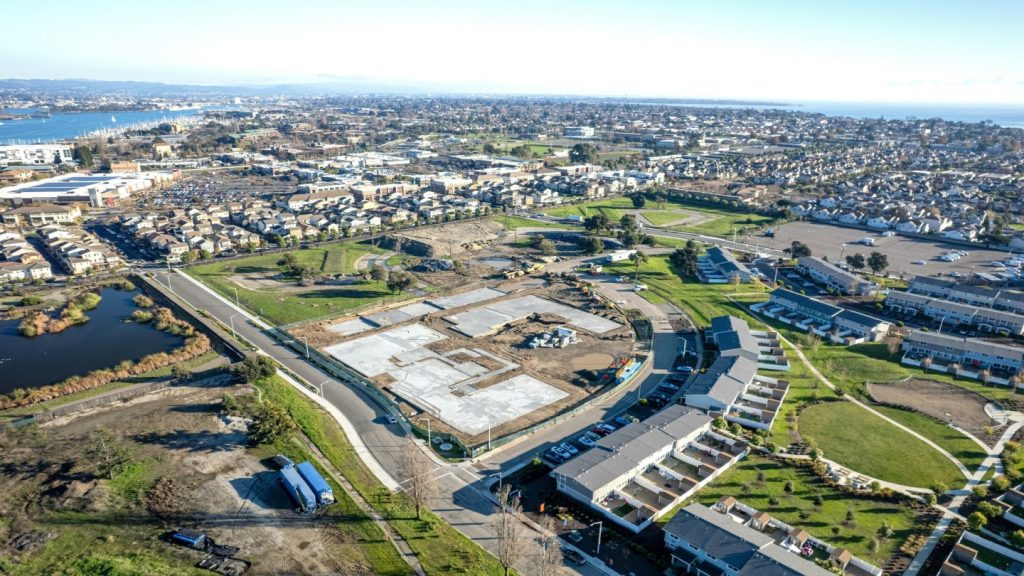The Covid-19 outbreak has had a significant impact on the economy in Italy, which suffered a contraction of 9.2%. The lockdown measures imposed by the government severely weakened economic activity and adversely affected the country’s finances. According to the Italian Finance Ministry, the budget deficit rose from 1.6% of GDP in 2019 to 9.5% in 2020 and it is forecast to fall only slightly to 8.8% in 2021. In response, the Italian Government has unveiled a $299bn spending package to kickstart the pandemic-hit economy. Prime Minister Mario Draghi said that ‘the destiny’ of the country depended on the success of the reform package. The reform package will include $230bn from the EU Recovery Funds and $37bn will be raised from the Italian budget while an additional $32bn will be spent on upgrading the country’s transport infrastructure.
The construction industry was also adversely affected by the virus outbreak, recording a 6.3% contraction in output in 2020. The industry is, however, forecasted to rebound and grow strongly in 2021, supported in part by the EU Recovery funds. the EU recovery funds windfall will allow the government to accelerate investments in some projects. In August 2020, a consortium comprising the Japanese engineer Hitachi and Italian contractors Webuild and Astaldi was awarded a contract worth €2.5bn ($2.8bn) to commence work on the first section of the €4.8bn ($5.4bn) Verona-Padua high-speed/high-capacity railway project in Italy. The project is expected to be completed by 2027 and will support the recovery in the infrastructure construction sector, which is forecasted to grow by 8% in 2021 following a 1.9% contraction in 2020.
The commercial construction sector was the hardest hit by the Covid-19 pandemic, contracting by 11.1%, with sub-sectors such as leisure and hospitality and retail suffering from the knock-on effects of the lockdown measures. The sector is expected to recover and grow by 6.3% in 2021, supported by the government’s efforts to revive the tourism industry. In December 2020, the EU approved a €625m ($688.4m) scheme under the state aid temporary framework to support Italian tour operators and travel agencies affected by the pandemic.
Despite the perilous state of Italy’s finances, policymakers view fiscal stimulus as the main tool to stimulate the construction industry and the wider economy in general, in contrast to the response seen in the Great Financial Crisis. Fiscal support from the European Commission will provide the Italian government with the necessary financial support to implement its spending plans while monetary support from the European Central Bank will ease markets’ concern over Italy’s large debt burden. GlobalData expects the Italian construction industry to grow by 6.3% in 2021, recovering from the 6.3% contraction recorded in 2020.







Related Company Profiles
Hitachi Ltd
Webuild SpA